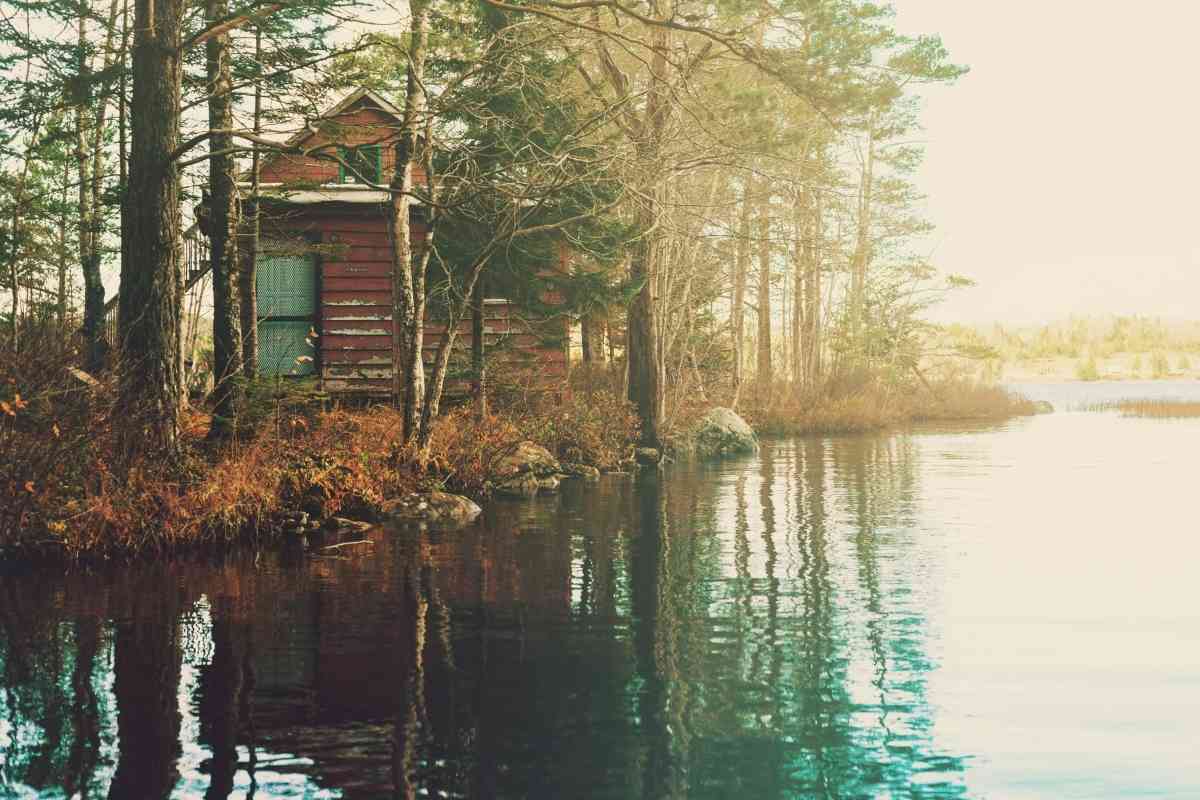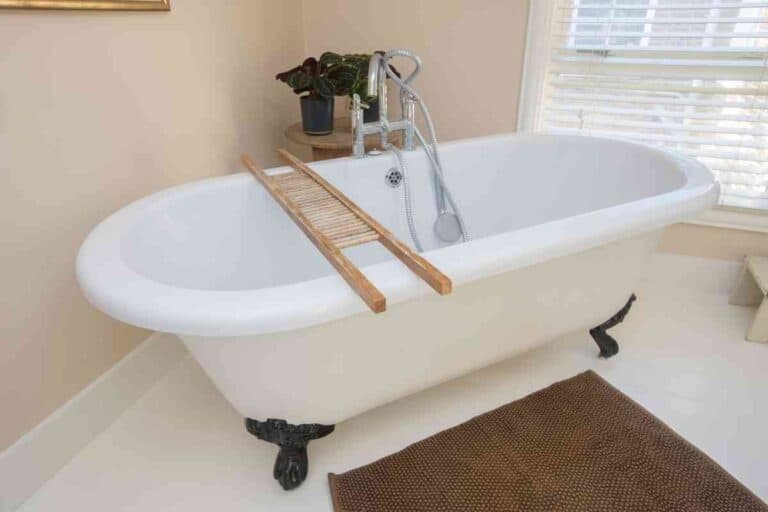Do I Need A Permit To Build An Off-Grid Cabin In Ontario, Canada?
If you are wanting to build an off-grid cabin in Ontario, it is critical to know what the requirements are for needing a building permit. A building that is built without a required permit can cause you to not only owe a large amount of money in fines but potentially have to tear the structure down in certain cases.

Can I build an off grid cabin in the woods in Ontario?
You can build an off grid cabin in Ontario, but you must obtain a permit in most instances. You are required to build the cabin on land that you own, and you have to obtain a building permit if the cabin is going to be larger than 108 square feet in size per the Ontario Building Code.
Knowing about building permits, zoning law,s and other local regulations prior to building an off-grid cabin in Ontario is important, so you are prepared and obtain the correct permits prior to beginning the building process.
The information in this guide has been provided by the Ontario Building Code and government officials in Ontario in order to give you accurate and up-to-date information about building an off grid cabin or tiny home in Ontario.
Can I Build An Off Grid Cabin In Ontario?
Yes, you can build an off grid cabin in Ontario. Living off grid in Canada is legal, but there are requirements that you must follow in order to live off grid legally.
If you wish to build an off grid log cabin in Ontario, you must own the land on which you want to build and live. Building on land that is not owned by you is considered squatting and is illegal in Canada.
Do You Need A Permit To Build A Cabin In Ontario?
In Ontario, you will need a permit to build a cabin. According to the Ontario Building Code, you need a permit to build any building or structure that is over ten square meters in size. This would mean that you can have a structure up to 108 square ft without needing a building permit.
Therefore, because most cabins are going to be much larger than 108 square feet you will need to get a building permit to build a cabin in Ontario.
What Other Reasons Do You Need A Building Permit In Ontario?
Outside of needing a permit to build a structure that is larger than 108 square feet or 10 square meters in size, you will also need a building permit for several other situations.
- Placing a structure such as a mobile home on your property
- Making renovations or adding on to a building
- Changing the use of a building
- Excavate or lay a new foundation
- Construct a seasonal building
- Any work on an on-site sewage system
Where In Ontario Can You Build Without A Permit?
There are no particular areas in Ontario that you can build without a permit. According to the Ontario Building Code, you can only build without a permit if your structure is under 10 square meters or 108 square feet.
In almost all areas of Ontario, you are required to have a building permit. If you build without a permit, you are subject to significant fines as well as potentially having to tear your structure down.

What Is A Building Permit?
A building permit is given from a city or county and gives the authorization to construct or build a new structure.
This will allow the city or county to assess whether the new building is okay to be built in that area and if it follows local building codes and standards.
Why Do You Need A Building Permit?
A building permit protects you and the community you plan to build in. By having to acquire a building permit, it ensures that the building will meet standards for health, safety, fire, accessibility, and resource conservation.
It is set in place to make sure that you build where you are legally able to and that you follow the correct standards and procedures that ensure your building is safe to reside in.
Do I Need A Permit To Build A Bunkie In Ontario?
Any structure that is over 108 square feet in Ontario requires a building permit. However, most bunkies that are built in Ontario are under 108 square feet. If you were to put plumbing and other utilities in your bunkie, then you would be required to have a permit.
Many people that build bunkies will not put plumbing in the bunkie but have an outdoor composting toilet away from the structure in order to avoid having to get a permit.
If you did choose to build a bunkie that was larger than 108 square feet and had plumbing, then you would be required to get a building permit per the Ontario Building Code.
What Is Considered A Bunkie?
A bunkie is a small cottage or cabin at your home that is used for extra space. It is commonly used as extra space for guests to stay in, as an Airbnb, or can be used as an office space or art studio.
There are many uses for a bunkie, and they are quite common in Ontario as a way to add extra space to a household.
Can You Build A Bunkie Anywhere?
A bunkie can be built anywhere on your property. However, if the bunkie exceeds the size that is allowed without a permit, then you will need to apply for a permit to build the bunkie on your property.
If the bunkie is larger than 108 square feet, there might be requirements as to where on your property you are allowed to build your bunkie.
How Do You Apply For A Building Permit In Ontario?
If you are needing to apply for a building permit in Ontario, then you can acquire a building permit either from your municipality or the Ministry of Municipal Affairs and Housing website.
The building permit applications are submitted to your municipality. When you apply, you will most likely have to submit additional documentation about the structure you plan to build, including building plans and drawings.
If you are able to speak to someone at your municipality, this will help you to know exactly what documentation you must provide when you apply for your building permit.
How Long Does It Take To Get A Building Permit Approved?
For a building such as a house or smaller structure, the application will be reviewed and either approved or denied within 10 days. Larger buildings such as hospitals or office buildings may take up to 30 days.
A permit will only be issued if the proposed structure complies with the building code and applicable laws that are set in place.
If your permit is denied, then you will receive a notice stating exactly why. At this time, you can reach out to your municipality to see if you can resolve the issue and get the permit approved. In the instance that you believe your permit was wrongly denied, you do have the option to appeal the denial.






